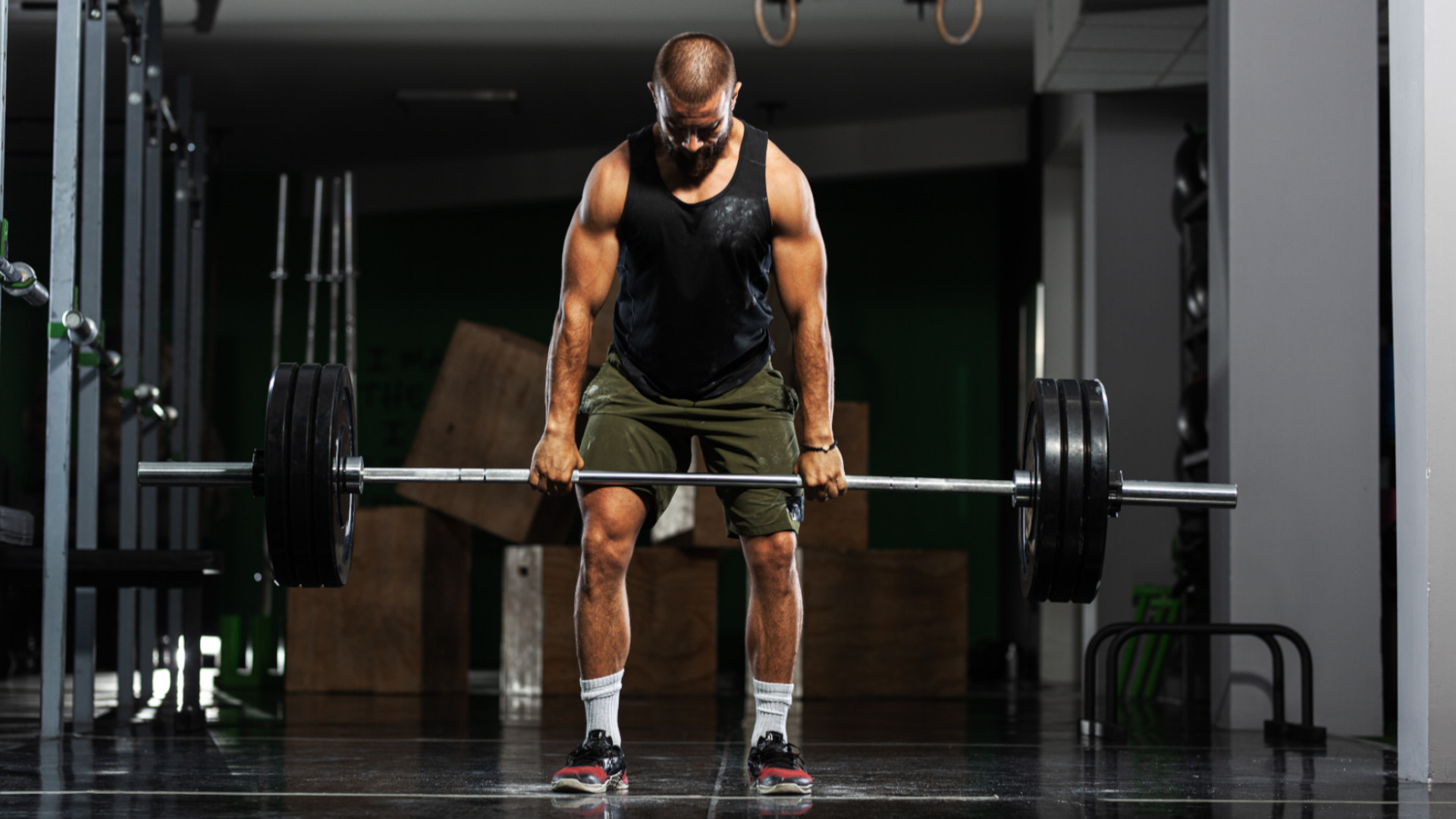Active
The latest Active breaking news, comment, reviews and features from the experts at T3
Explore Active
-
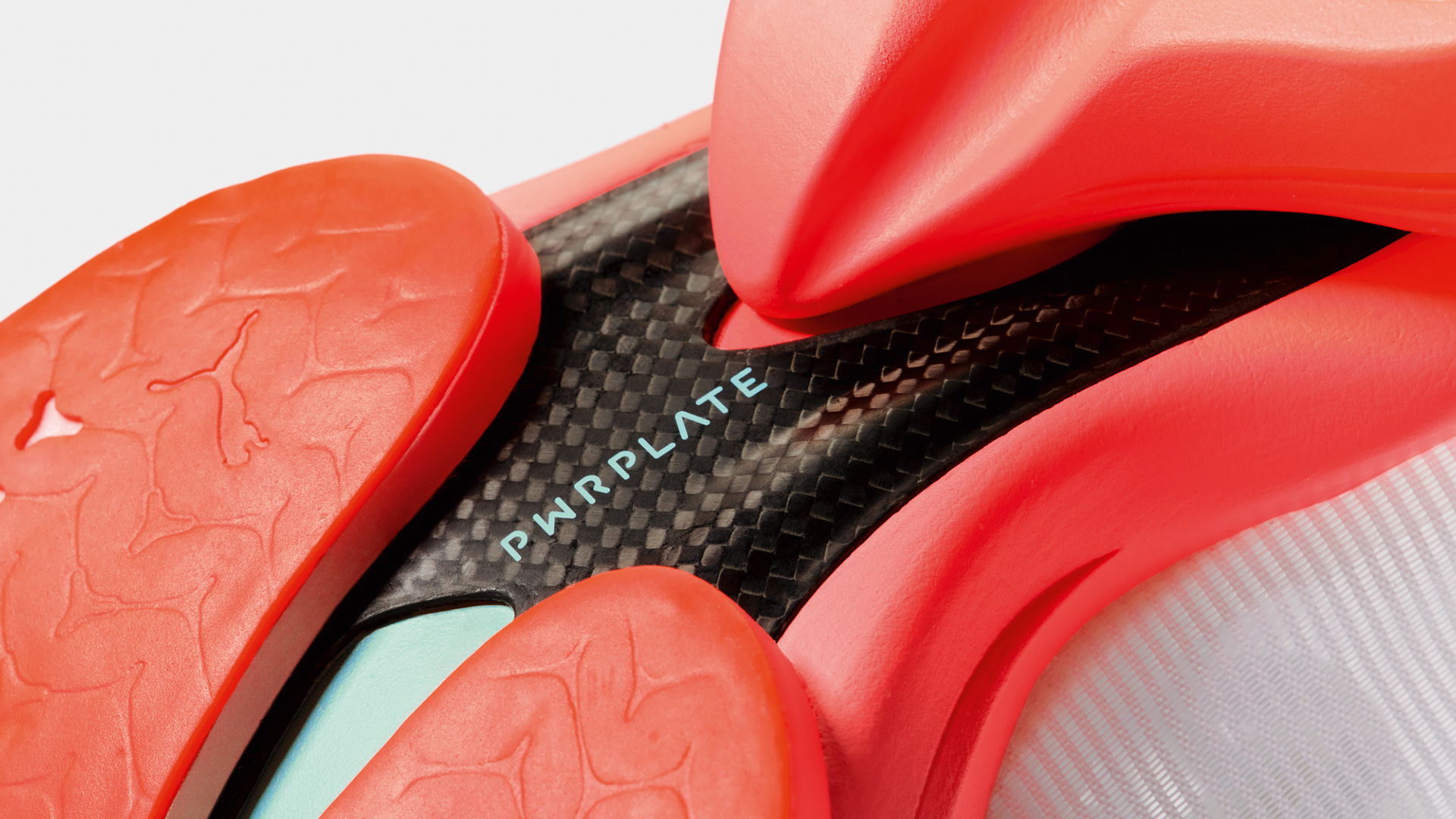
Puma’s radical new carbon racer claims to knock 4 minutes off your marathon PB
The Fast-R NITRO Elite 3 is the brand's lightest-ever super shoe, backed by SCIENCE
By Matt Kollat Published
-

7 best exercises to boost your grip strength for bigger gains
It can also help you live longer too
By Bryony Firth-Bernard Published
-
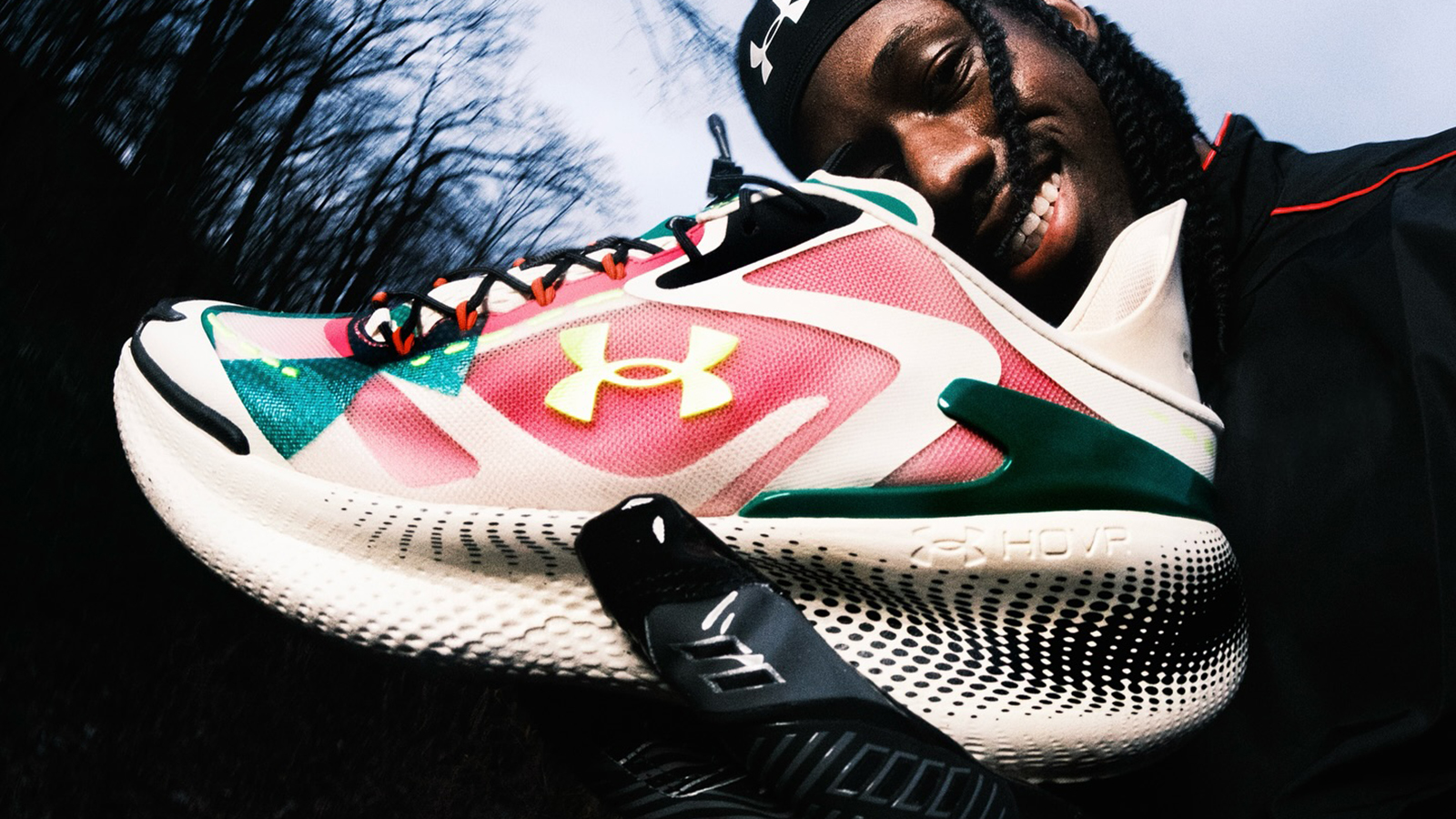
Under Armour's new sneaker doesn't play by the old rules
If this is the future of the brand, it's off to a running start
By Matt Kollat Published
-

YETI just made bowls cool – literally. And also figuratively.
New YETI design, same bear-proof energy
By Matt Kollat Published
-
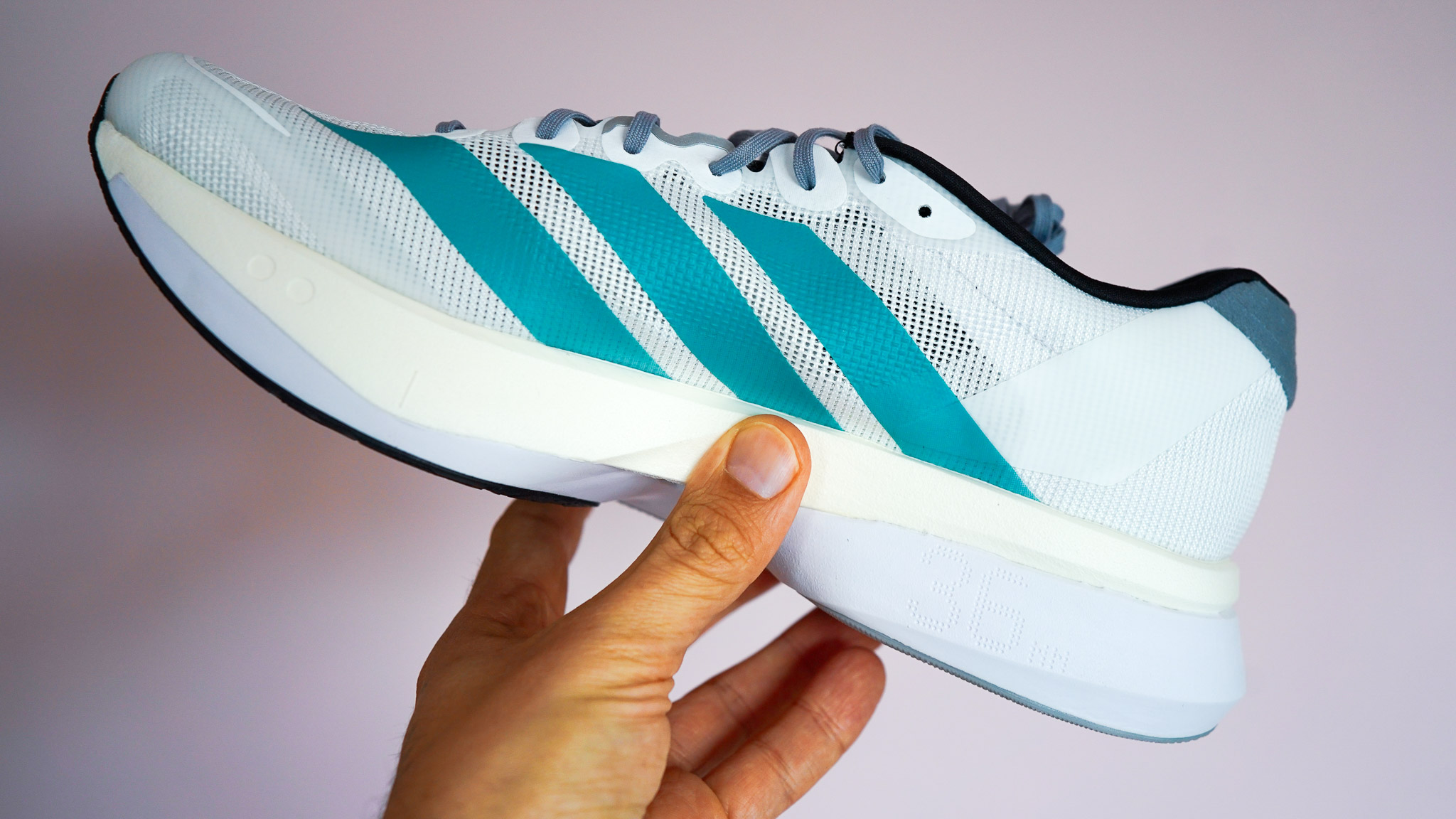
Adidas Adizero Boston 13 is softer, faster, and finally feels like a proper trainer
The brand quietly fixed everything runners didn’t love about the Boston 12
By Matt Kollat Published
-
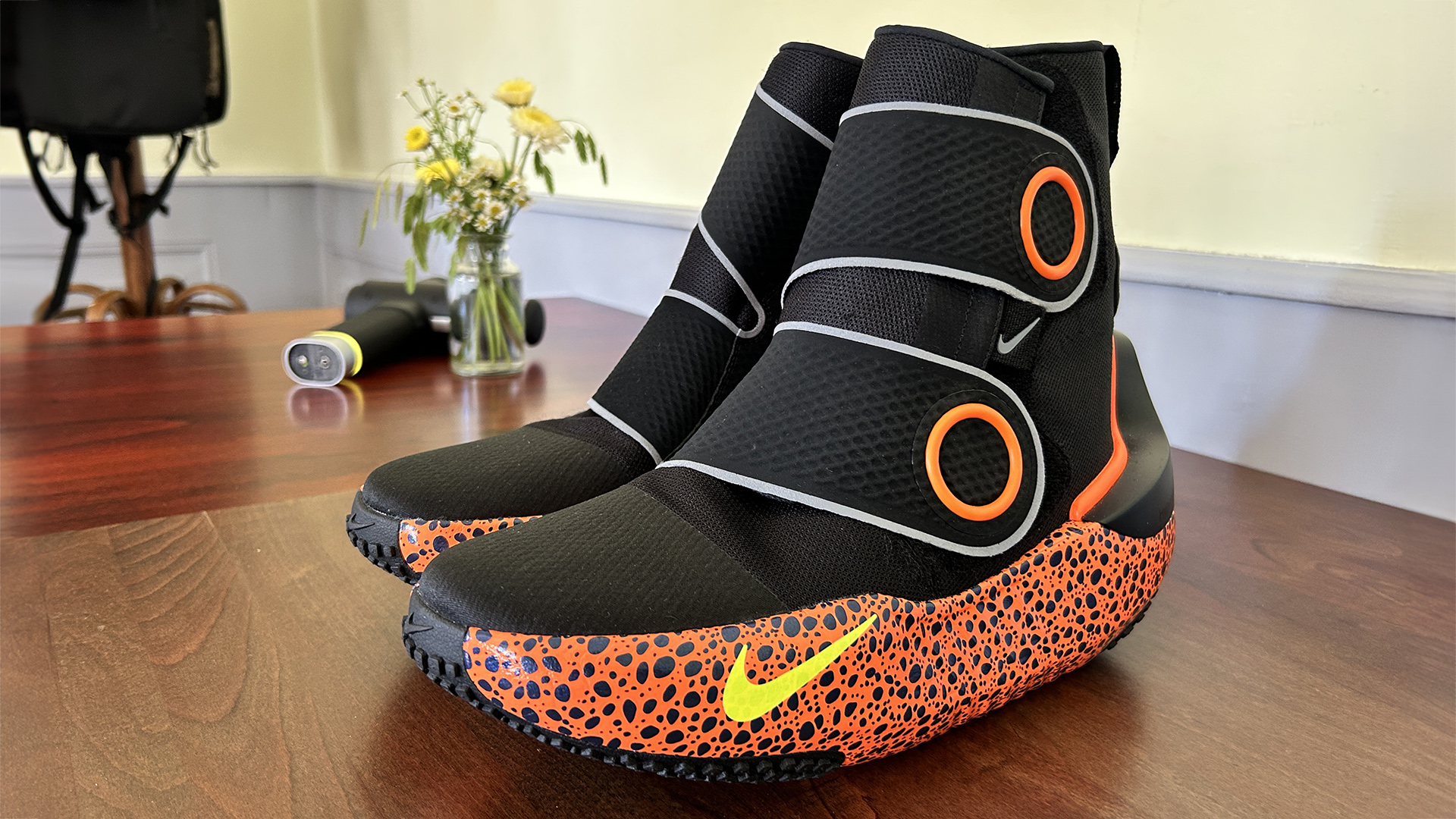
Nike's wild recovery boots, which are like little spas for your feet, can finally be bought by anyone, not just athletes
The Nike x Hyperice Hyperboot is part footwear, part massage chair, and all kinds of wonderful
By Matt Kollat Published
-

Jake Dearden’s Hyrox training regime and 4000-calorie diet
Find out how the Hyrox champ trains weekly and fuels his sessions
By Bryony Firth-Bernard Published
-
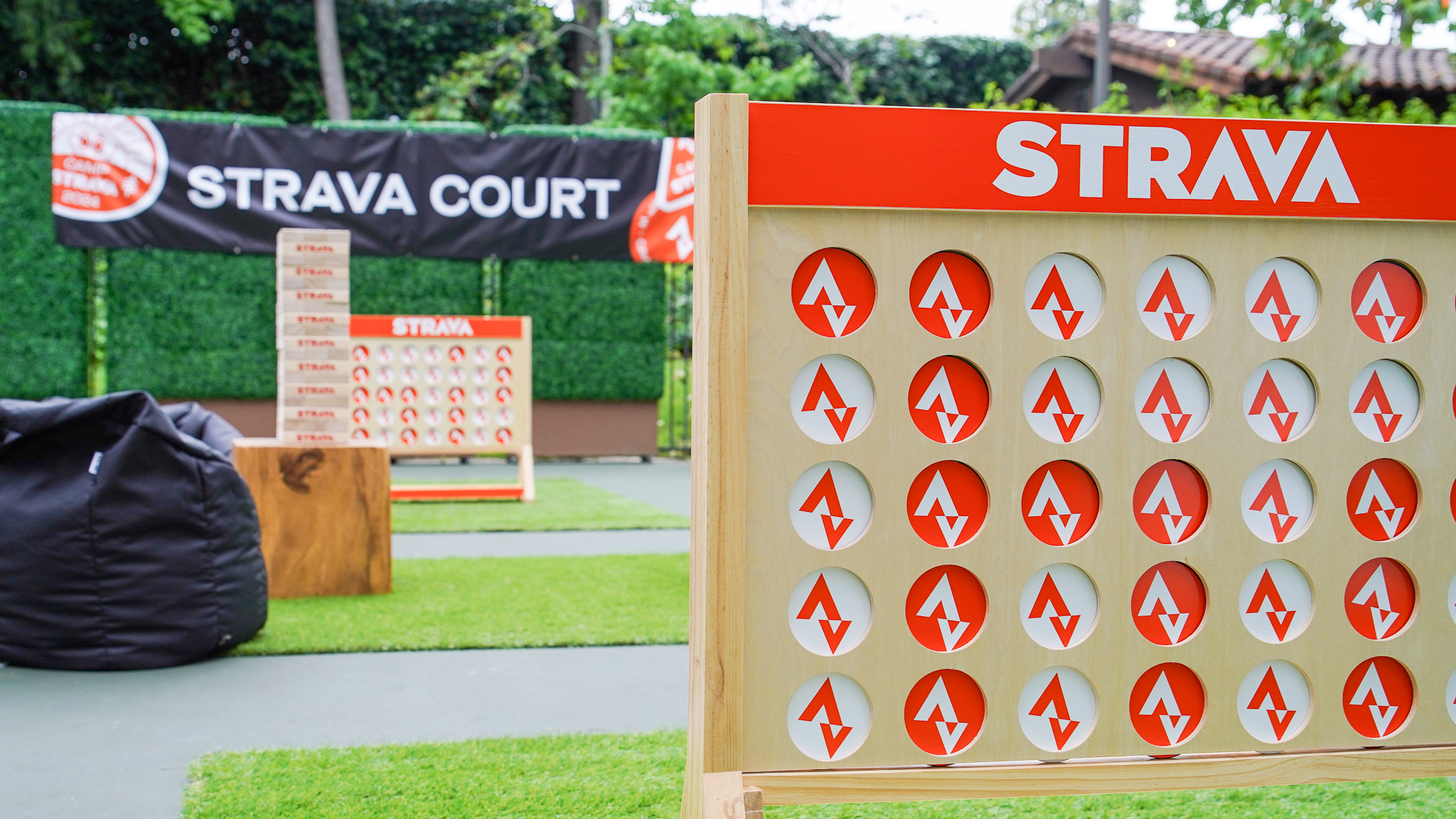
Strava just bought Runna and we got the inside story from both CEOs
No, Runna isn’t going anywhere – and no, your subscription won’t get more expensive (for now)
By Matt Kollat Published
-

Berghaus wants to be your new favourite street-to-summit brand
The brand's latest Trail Collection brings the company up to speed with some of the most popular outdoor labels
By Matt Kollat Published
-

Three exercises to 'life-proof' your shoulders, according to a mobility expert
Healthy shoulders mean better movement, more strength and less injury
By Bryony Firth-Bernard Published
-
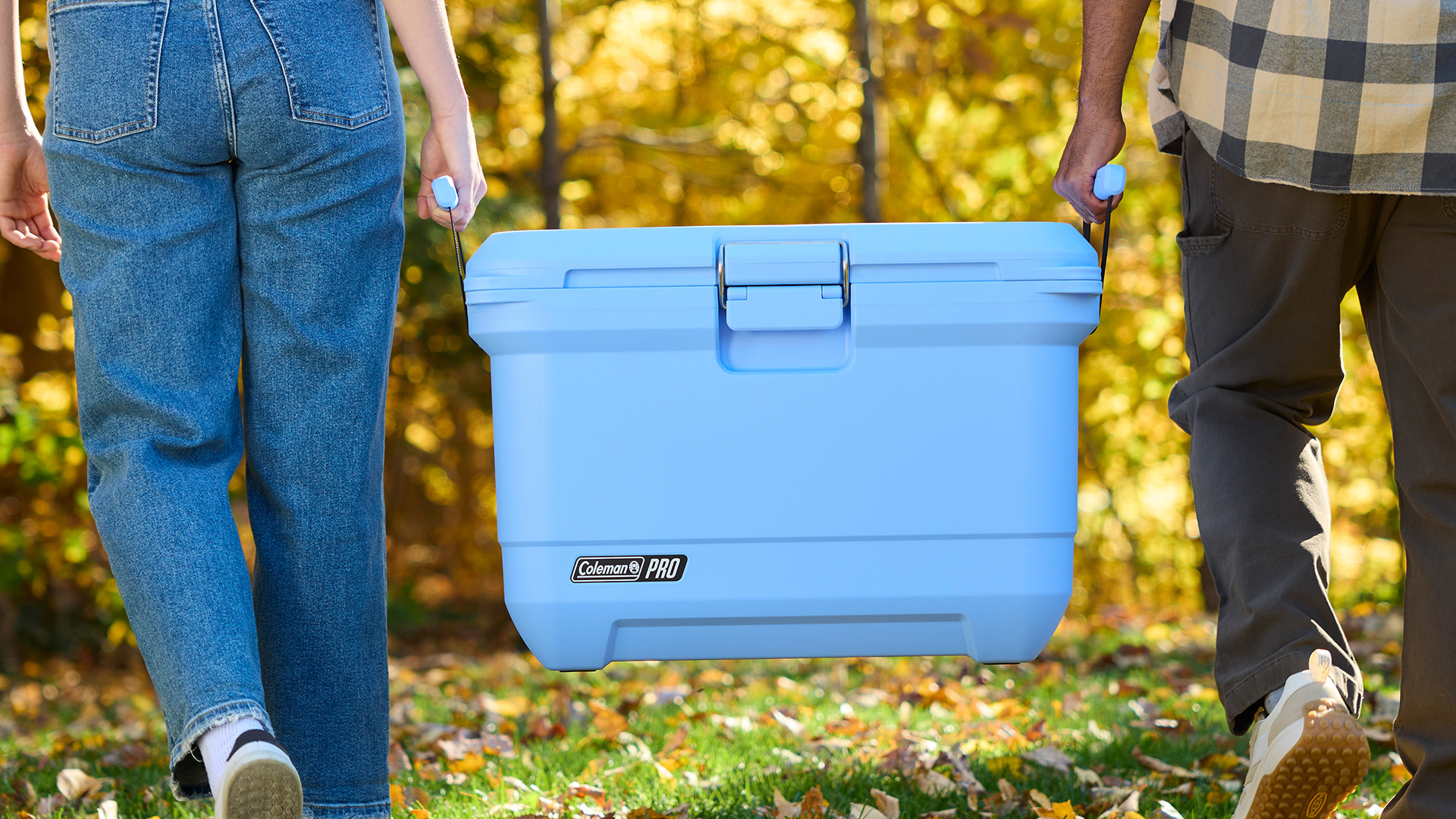
Coleman takes on YETI with lighter, tougher and cheaper Pro Cooler range
Move over, YETI – there’s a new cooler in town, and it's not here to play nice
By Matt Kollat Published
-
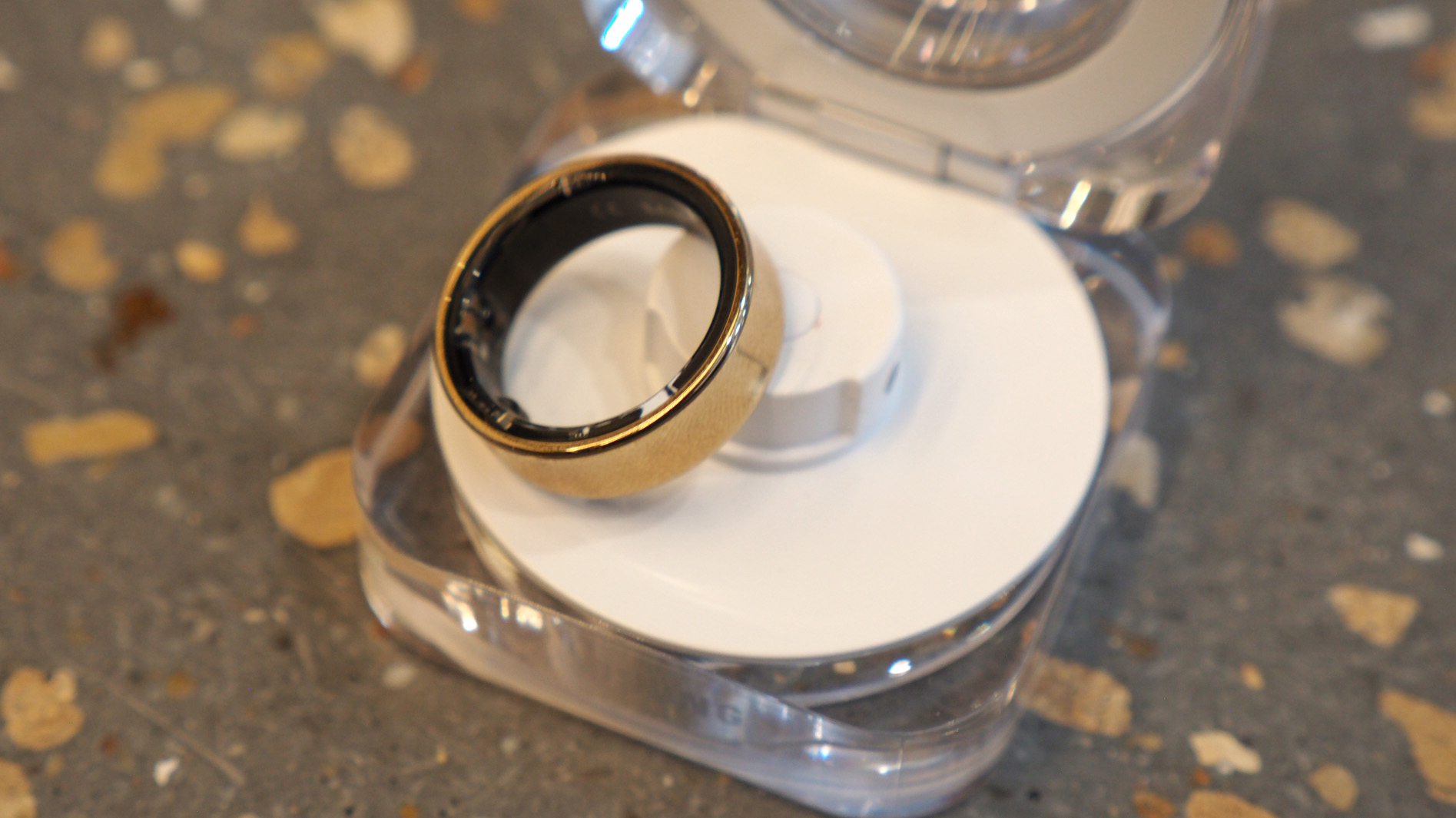
In the future, you might never have to take off your Galaxy Ring to charge it
A newly uncovered patent reveals Samsung is working on a wearable charger for its Galaxy Ring, and it makes a lot of sense
By Matt Kollat Published
-
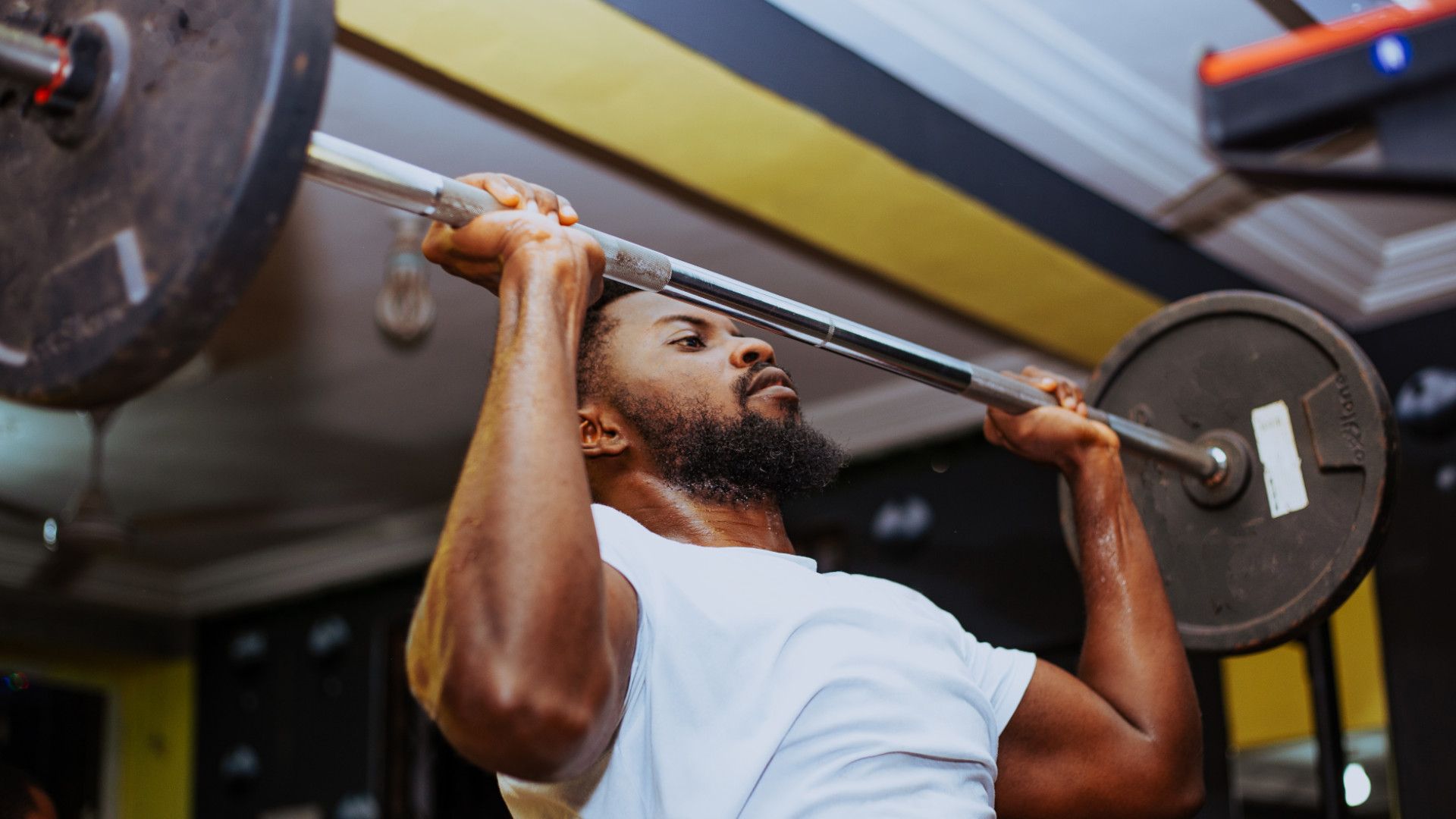
The 5 most efficient exercises for adding strength and size
Exercise Scientist Dr. Mike Israetel says these are the lifts you should prioritise if you want to get jacked and strong
By Bryony Firth-Bernard Published
-

Gossamer Gear's Grit 28 is a masterclass in ultralight backpack design
Trail runners and fastpackers, take note
By Matt Kollat Published
-

Build unshakeable core strength with a kettlebell and these three exercises
Add this to the end of your workout to fire up your midsection muscles
By Bryony Firth-Bernard Published
-
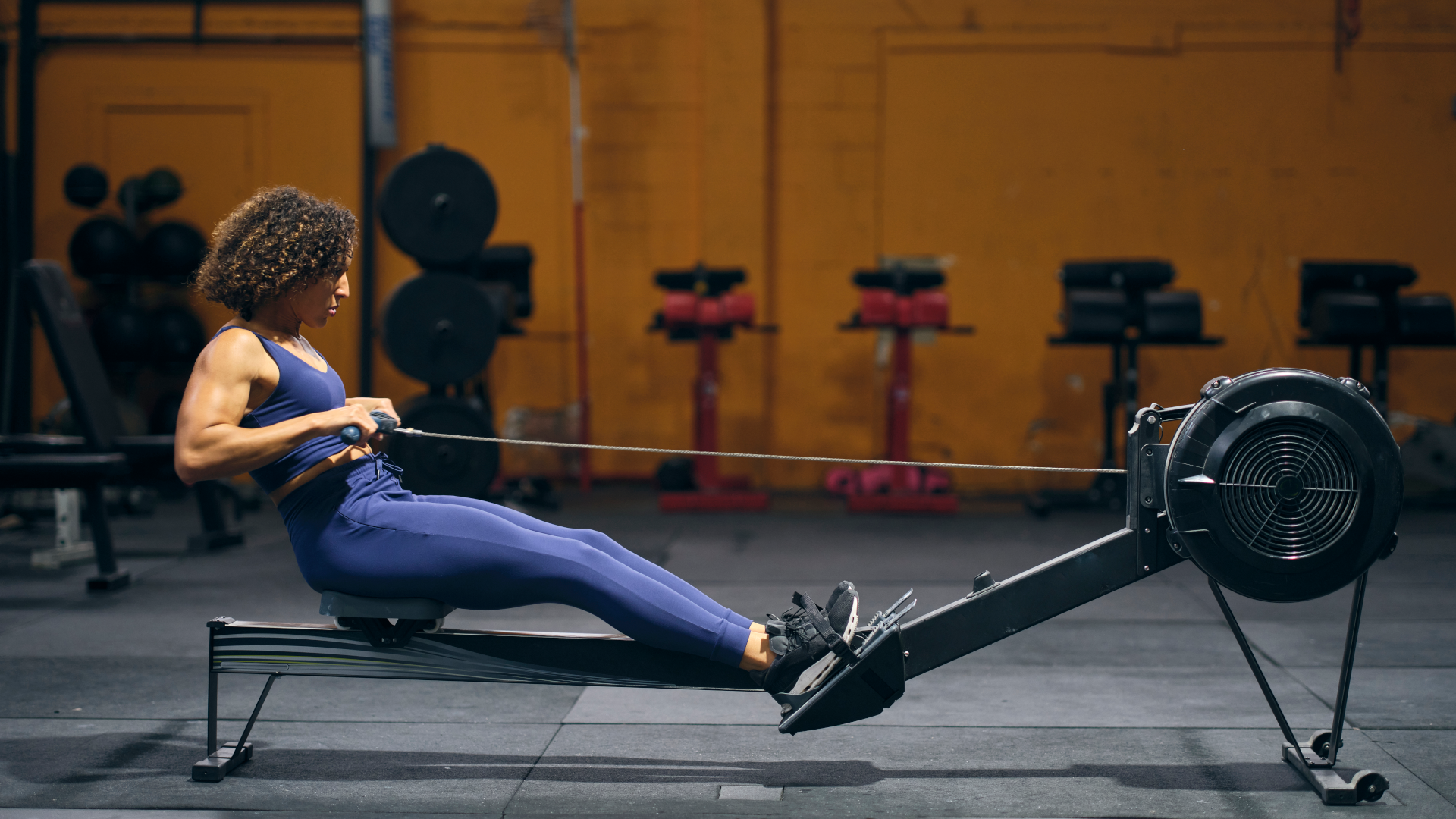
Supercharge your aerobic engine with this three-move rower workout
Improve your cardiovascular fitness and burn through calories
By Bryony Firth-Bernard Published
-
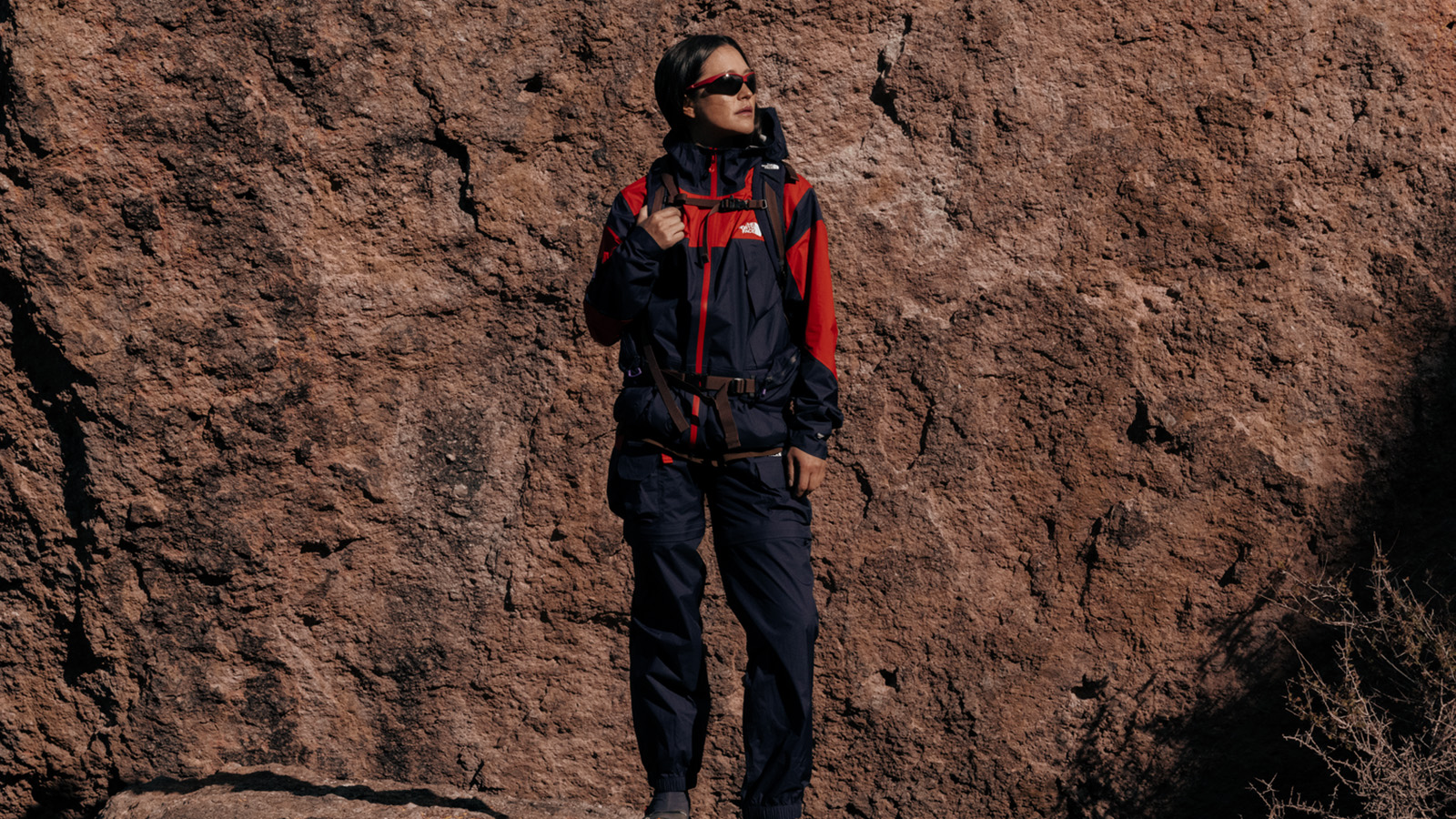
The North Face and UNDERCOVER are back to zen-slam the trails with SOUKUU Season 4
Meditative mountain gear? You better believe it – SOUKUU SS25 is part trailwear, part philosophy, and all fire.
By Matt Kollat Published
-
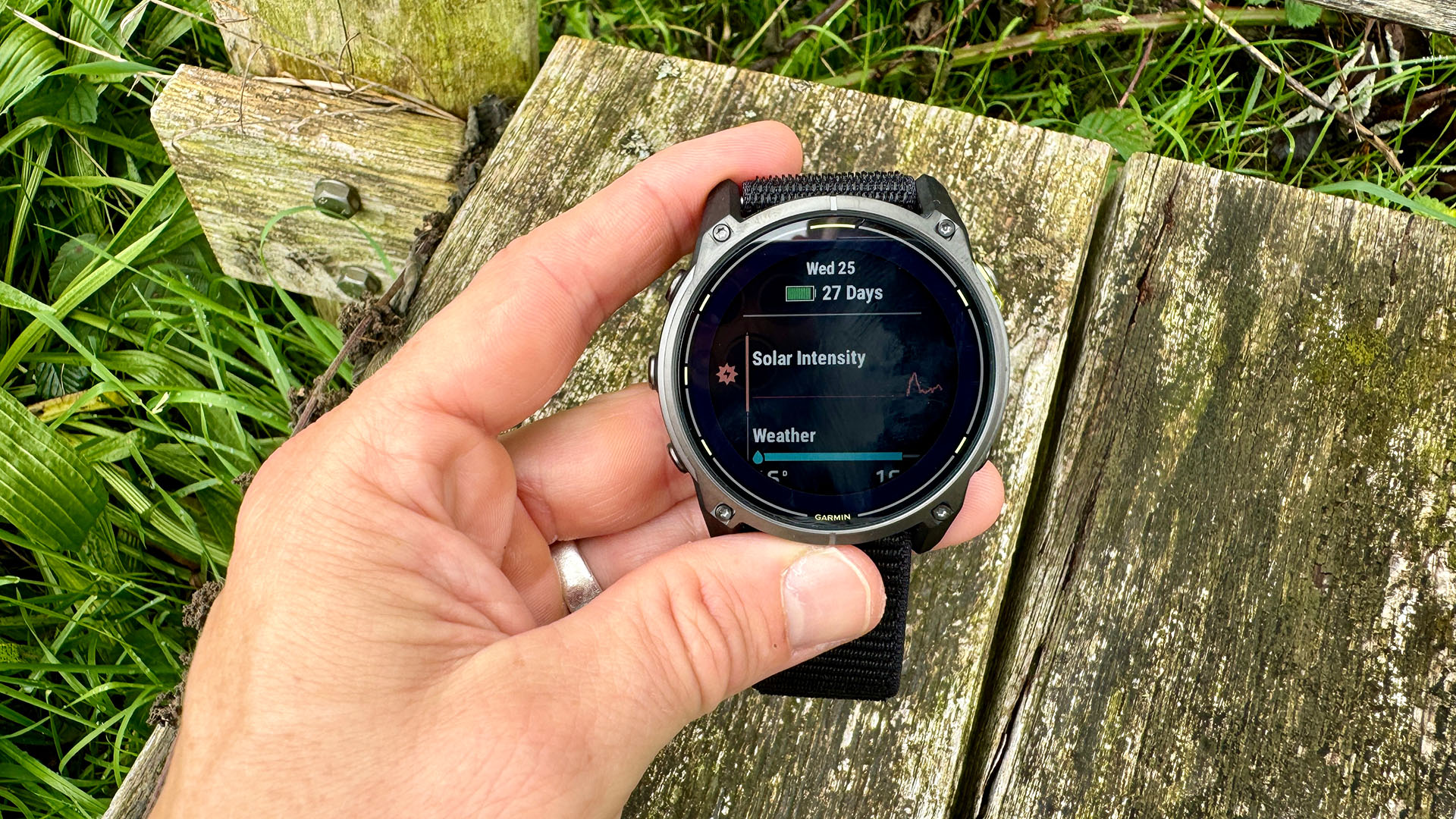
Garmin’s on a mission to update your wrist into oblivion as 100+ tweaks land on Fenix and Enduro watches
The latest beta update looks comprehensive
By Matt Kollat Published
-

3 overrated shoulder exercises, according to a fitness expert (and what to do instead)
Sculpt 3D shoulders whilst minimising injury with these three alternative exercises
By Bryony Firth-Bernard Published
-
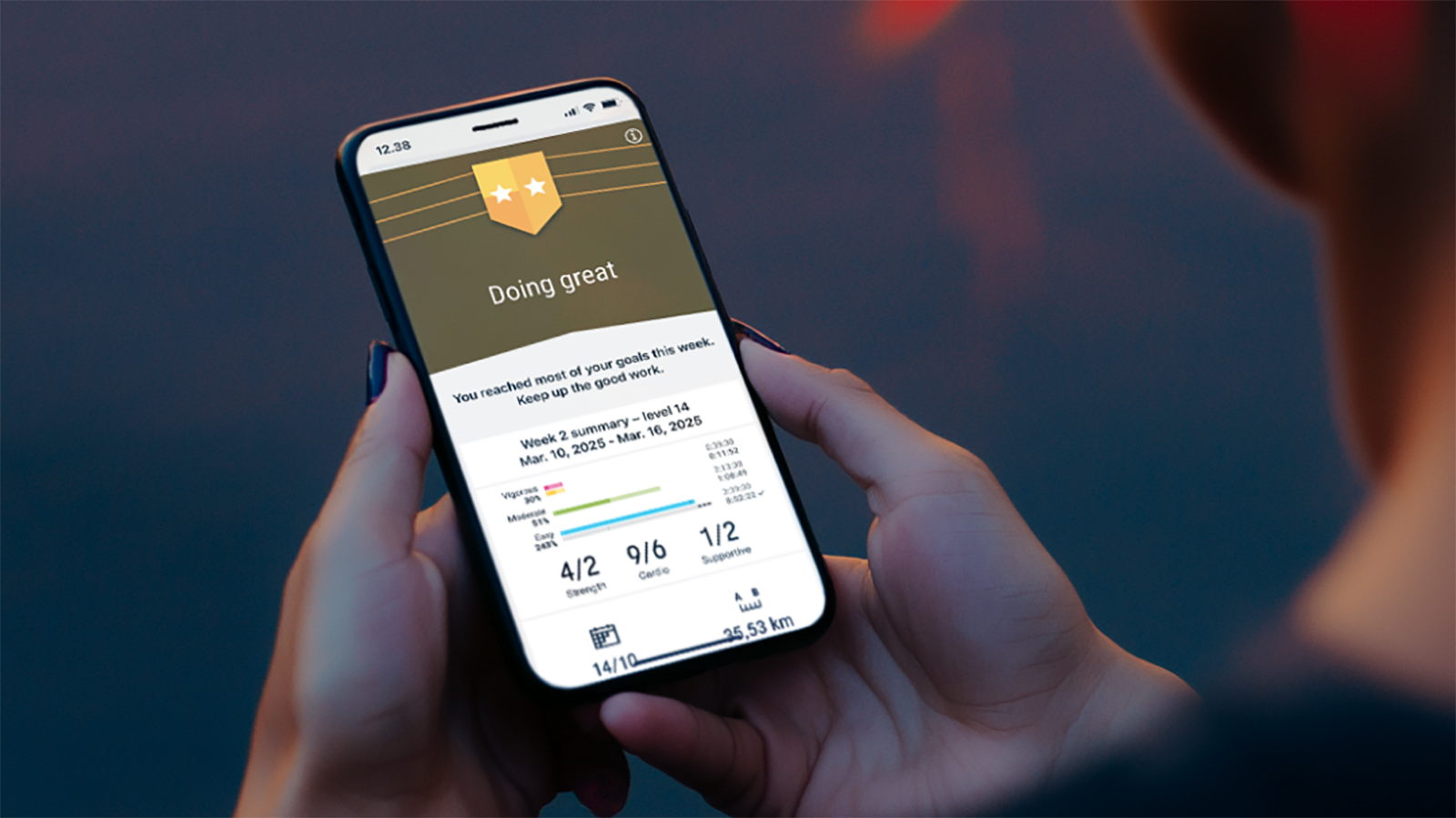
Polar’s new subscription feature lands in the shadow of Garmin’s Connect+ rollout
PR genius or timing disaster? Polar’s new Fitness Programme adds adaptive training to its ecosystem
By Matt Kollat Published
-

Warning: Ciele’s refreshed Elite Collection may cause excessive garment envy on race day
Flex on your run crew with Ciele’s latest drop
By Matt Kollat Published
-

5 last-minute marathon tips from an athletics champion to help you race like a pro
European Silver Medalist Holly Archer shares some words of wisdom to make your 26.2 mile journey a good one
By Bryony Firth-Bernard Published
-

Strava gets major refresh with new map engine, searchable routes and tappable stickers
Latest app update is a big win for planners, trackers and stat geeks
By Lee Bell Published
-
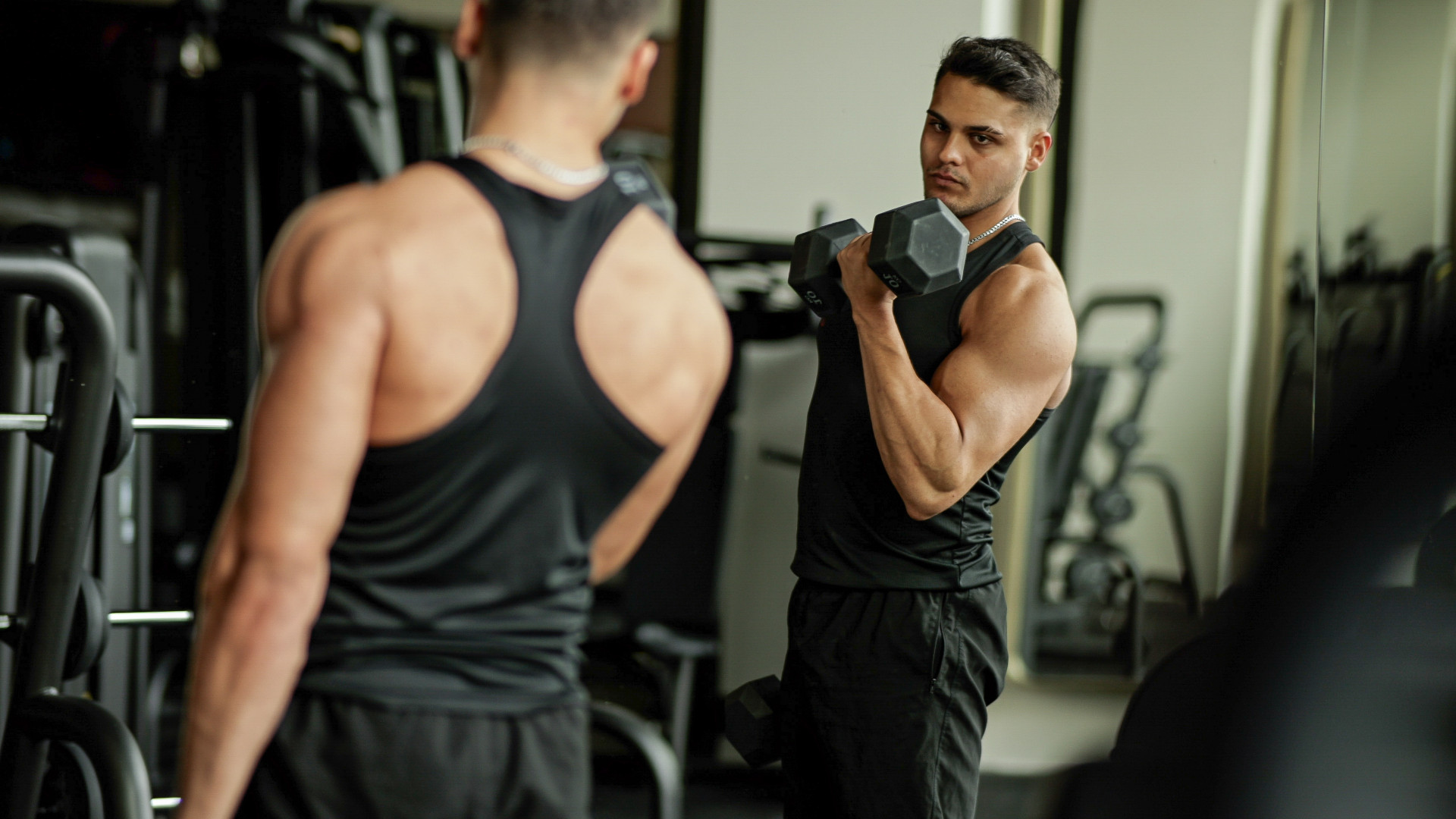
The best biceps exercise, according to science
Have you been training your biceps wrong this whole time?
By Lucy Miller Published
-
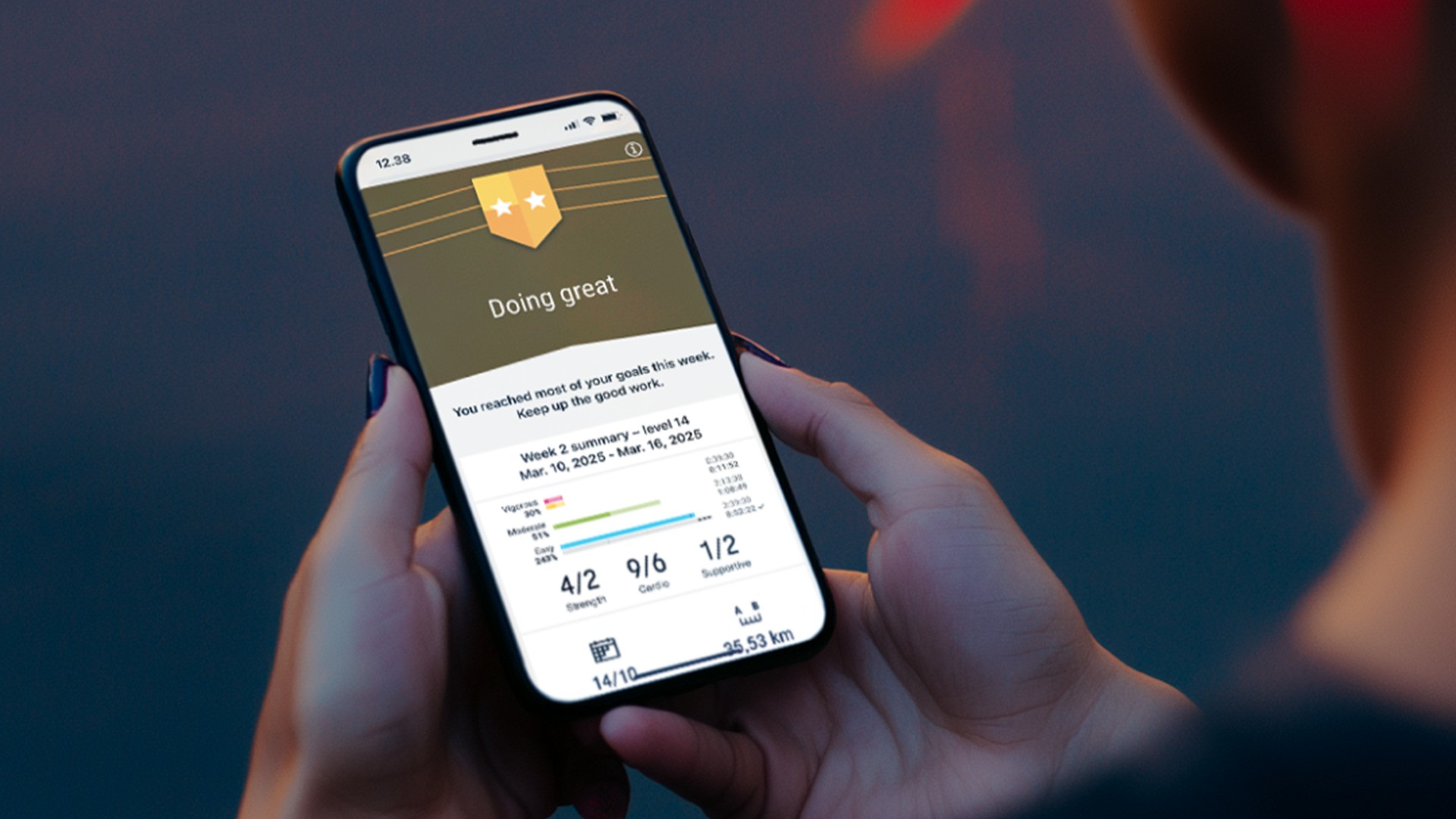
Polar takes on Garmin Connect+ and launches its own adaptive training subscription
Fitness Program arrives just weeks after Garmin dropped its controversial Connect+ subscription news
By Lee Bell Published
-
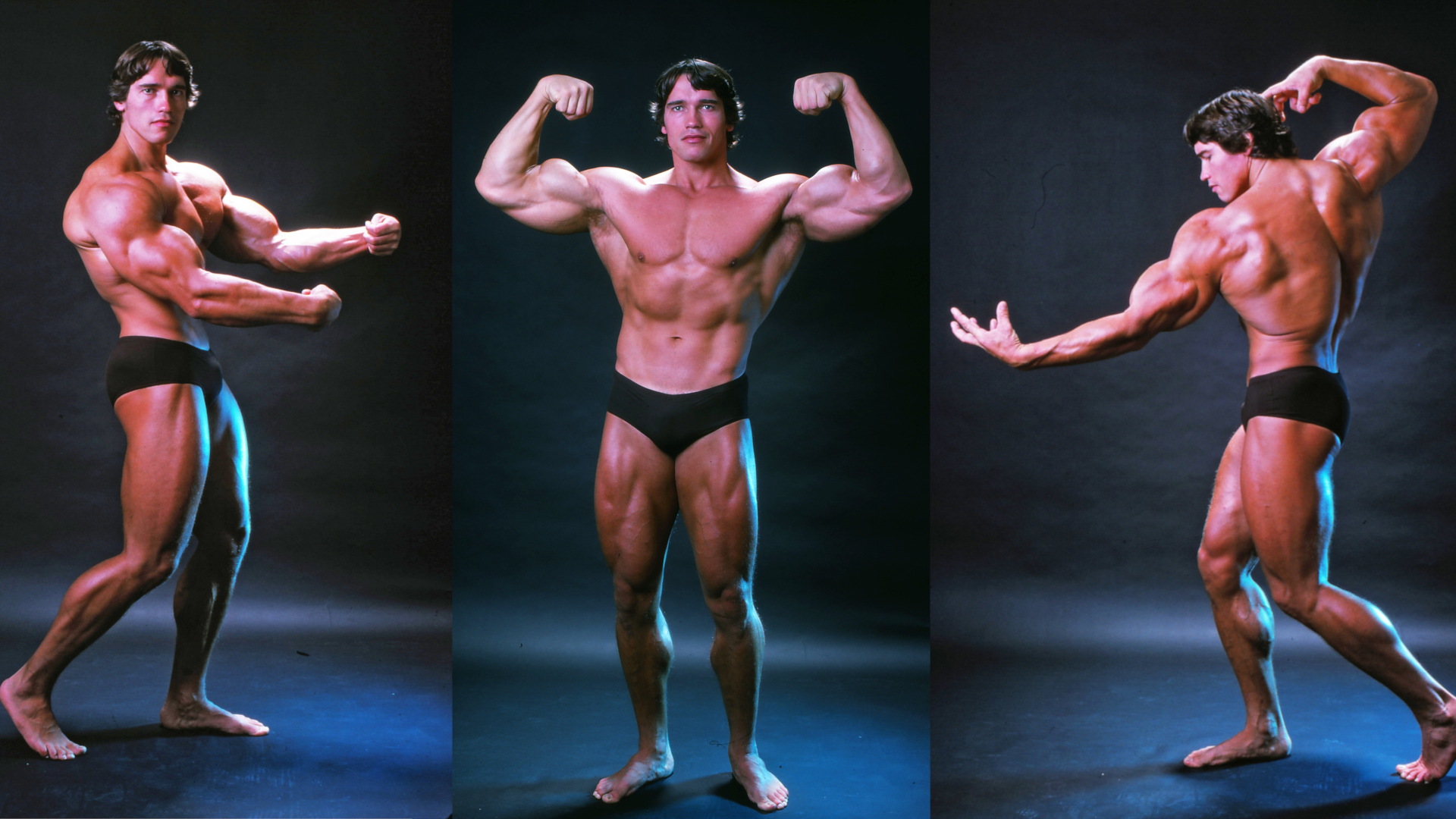
Arnold Schwarzenegger's 30-minute dumbbell workout for full-body gains
Increase your strength and muscle mass in the time it takes to make tea – what’s not to love?
By Bryony Firth-Bernard Published
-
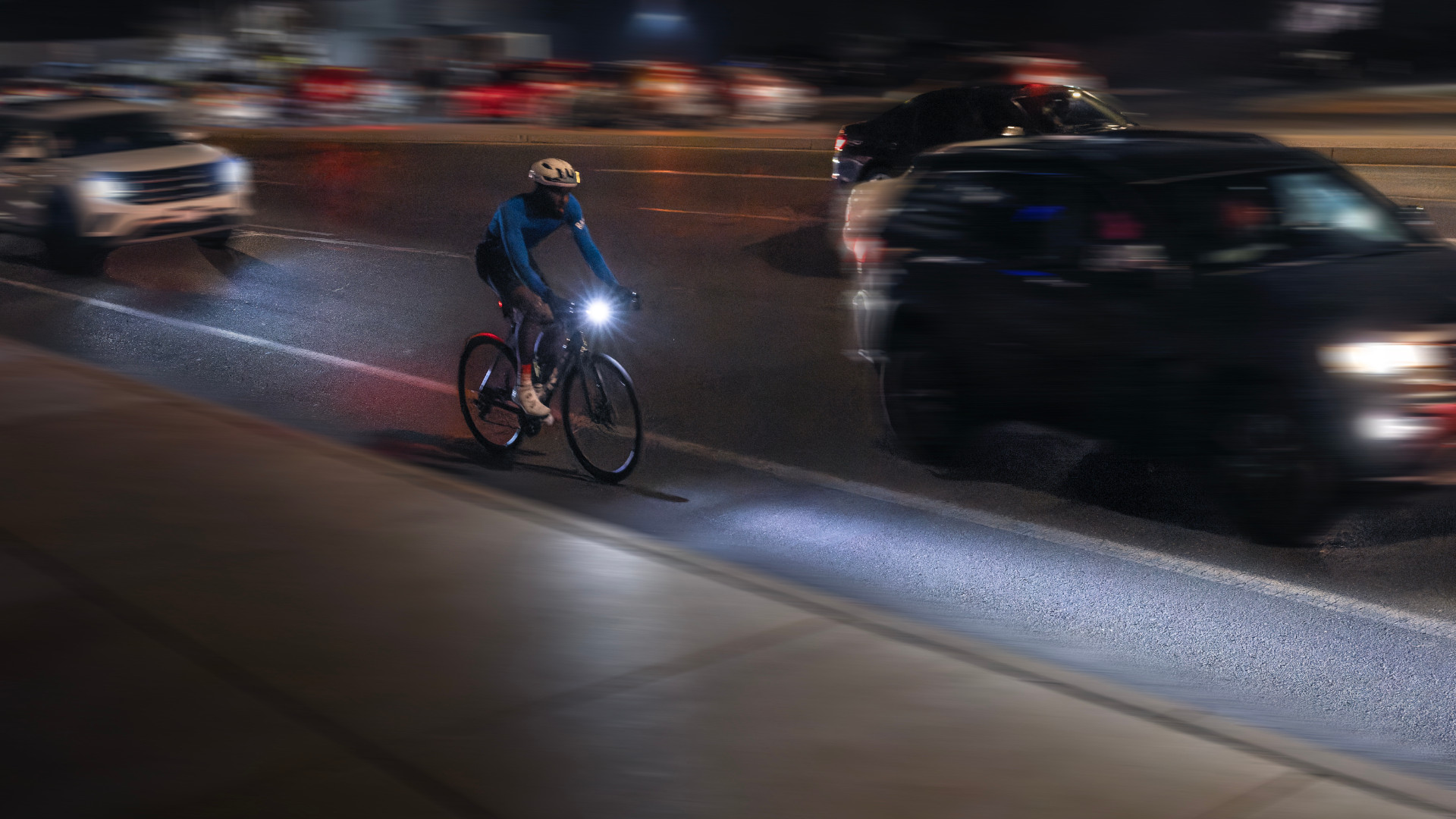
Garmin unveils its first cycling headlight with a built-in camera for automatic incident detection
The Varia Vue also has automatic brightness adjustment and a cut-off beam
By Bryony Firth-Bernard Published
-

Sculpt your arms and shoulders with this low-impact, strength-style Pilates workout
These four simple dumbbell exercises will help leave your upper body toned and stronger
By Bryony Firth-Bernard Published
-
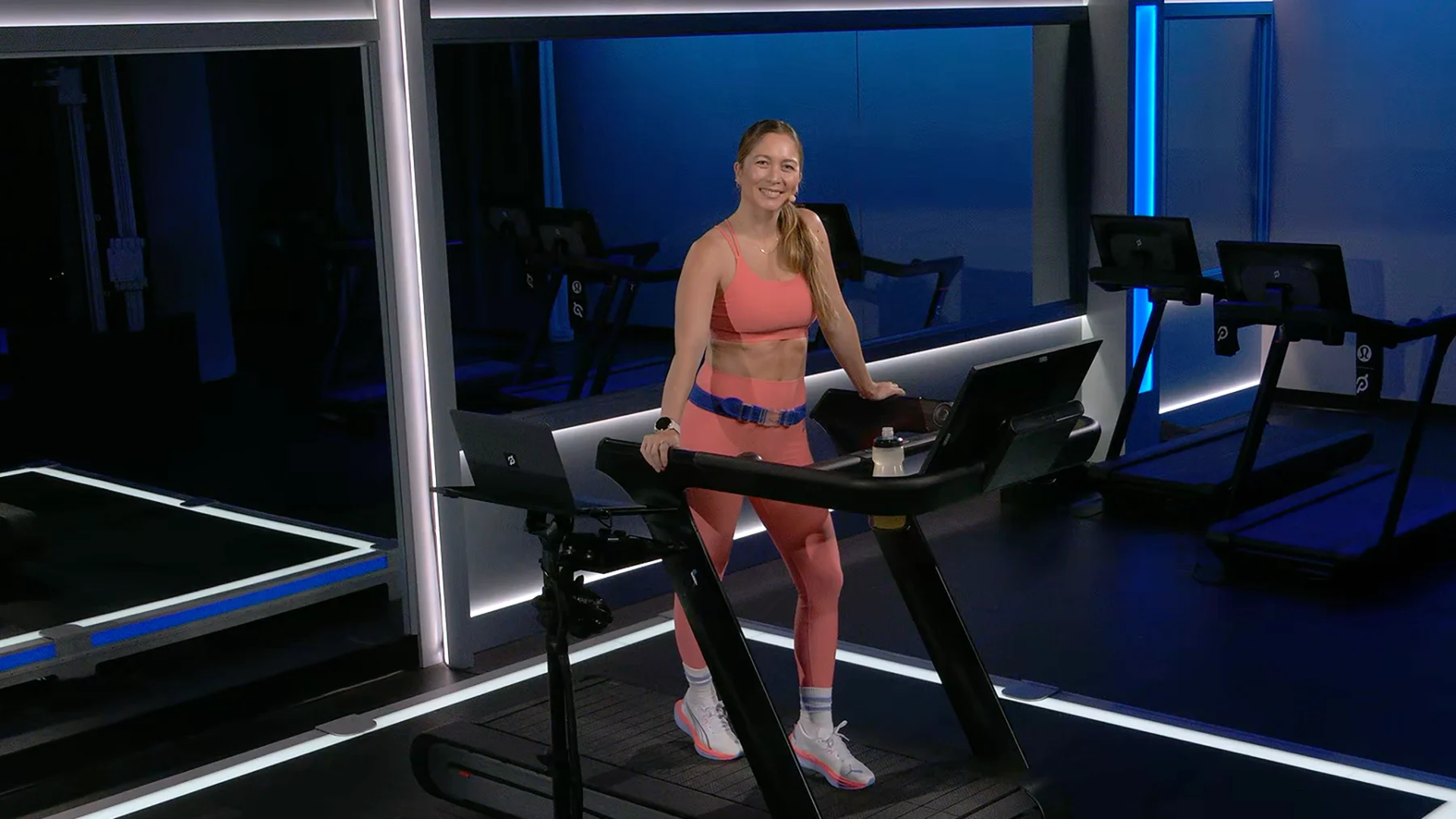
Peloton just doubled down on hiking as a year-round activity with outdoor-inspired apparel collection
Latest clothing line complements incline-focused classes that recreate the trail on Tread, Tread+, and the Peloton App
By Lee Bell Published
